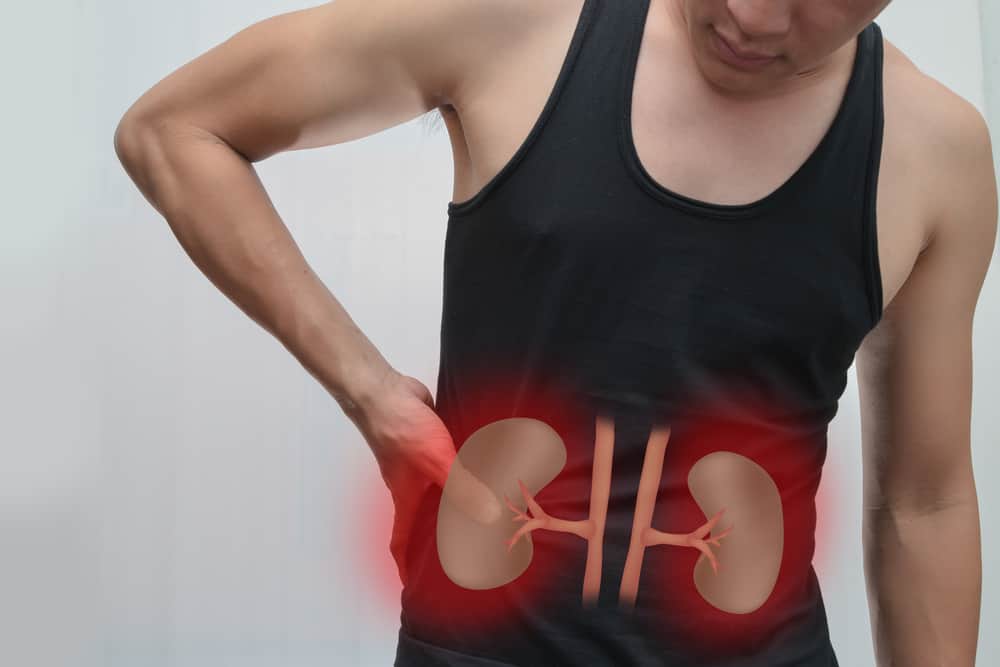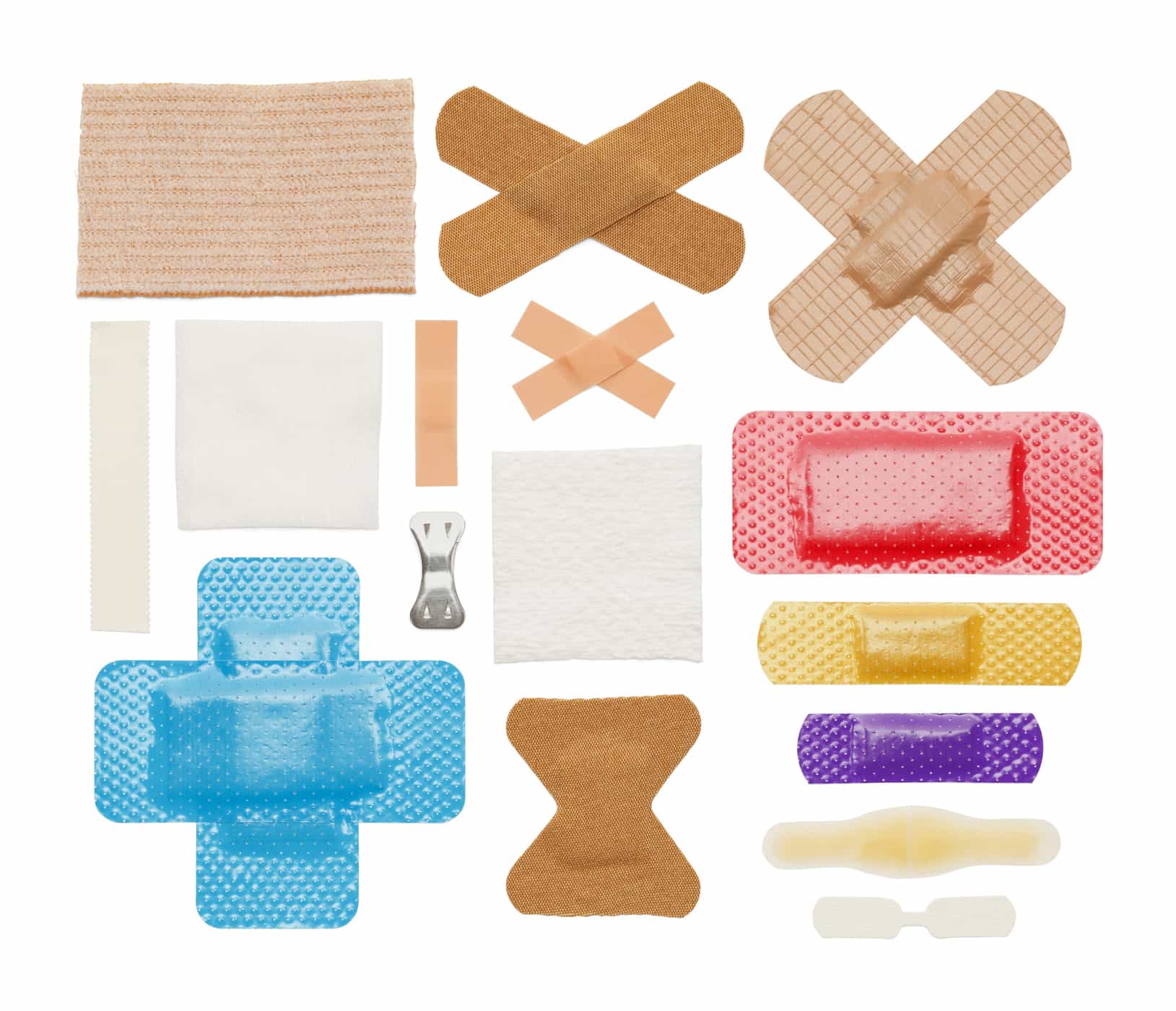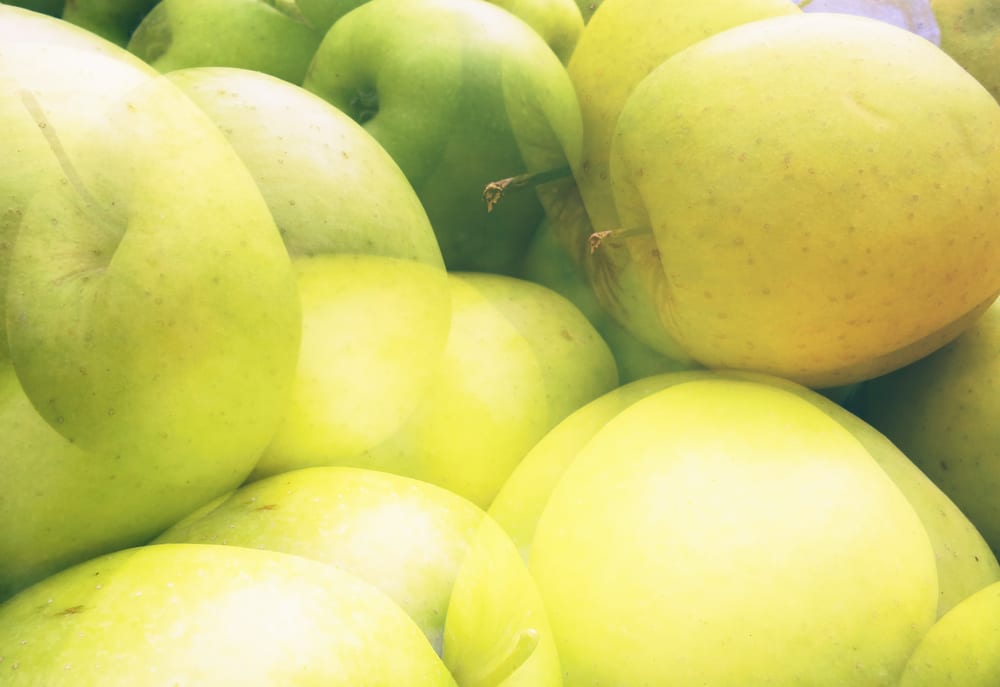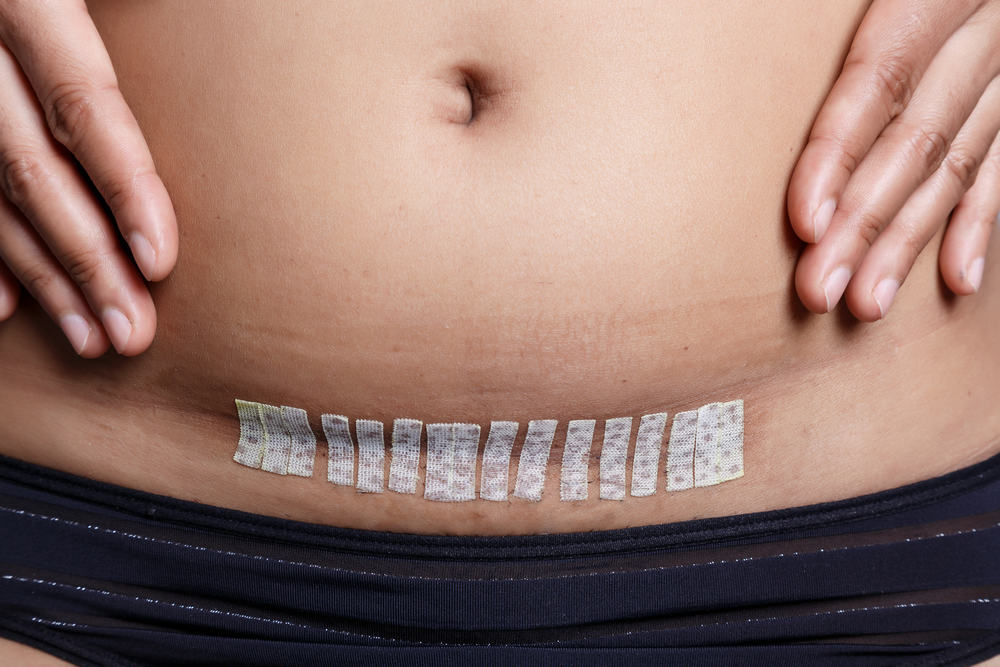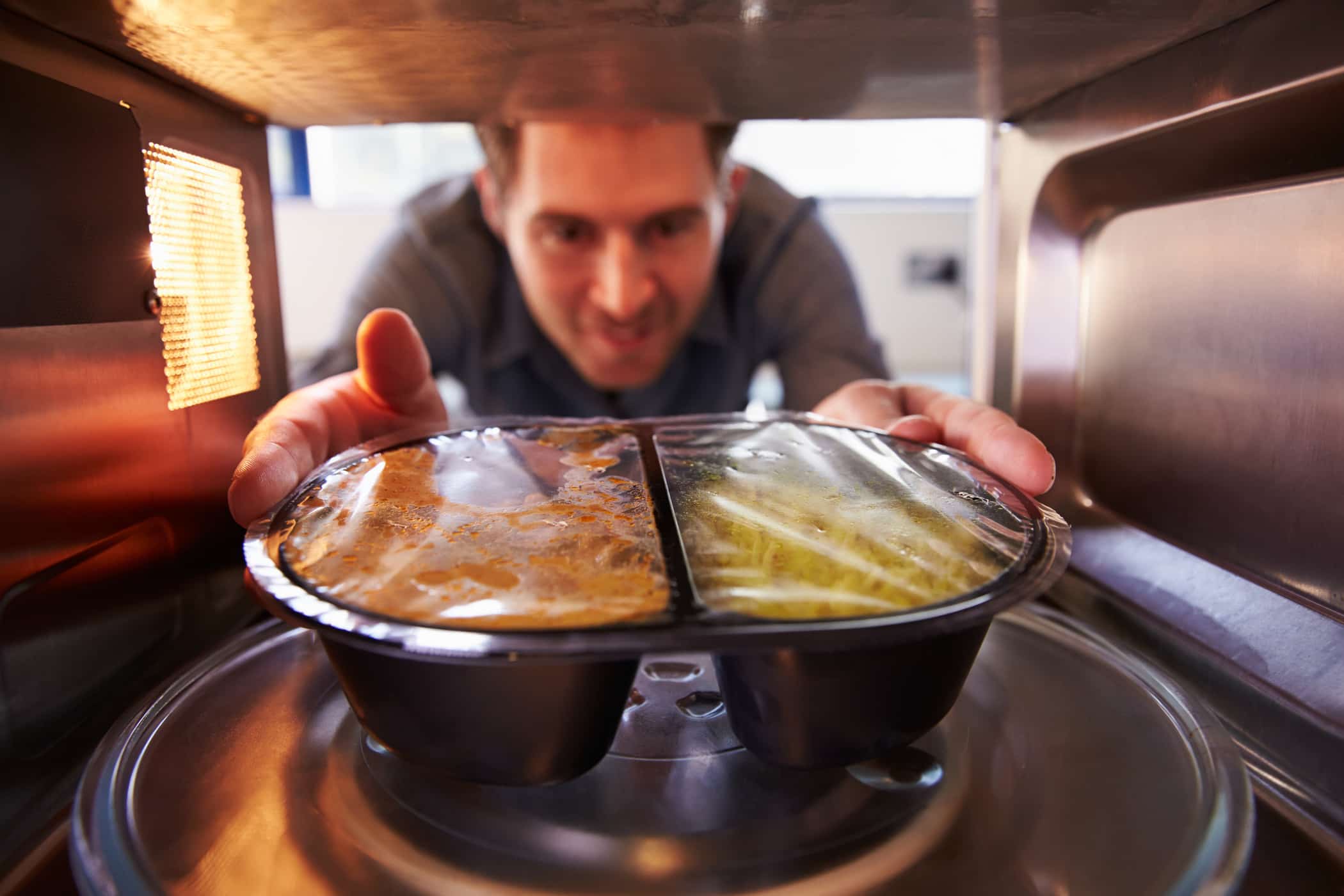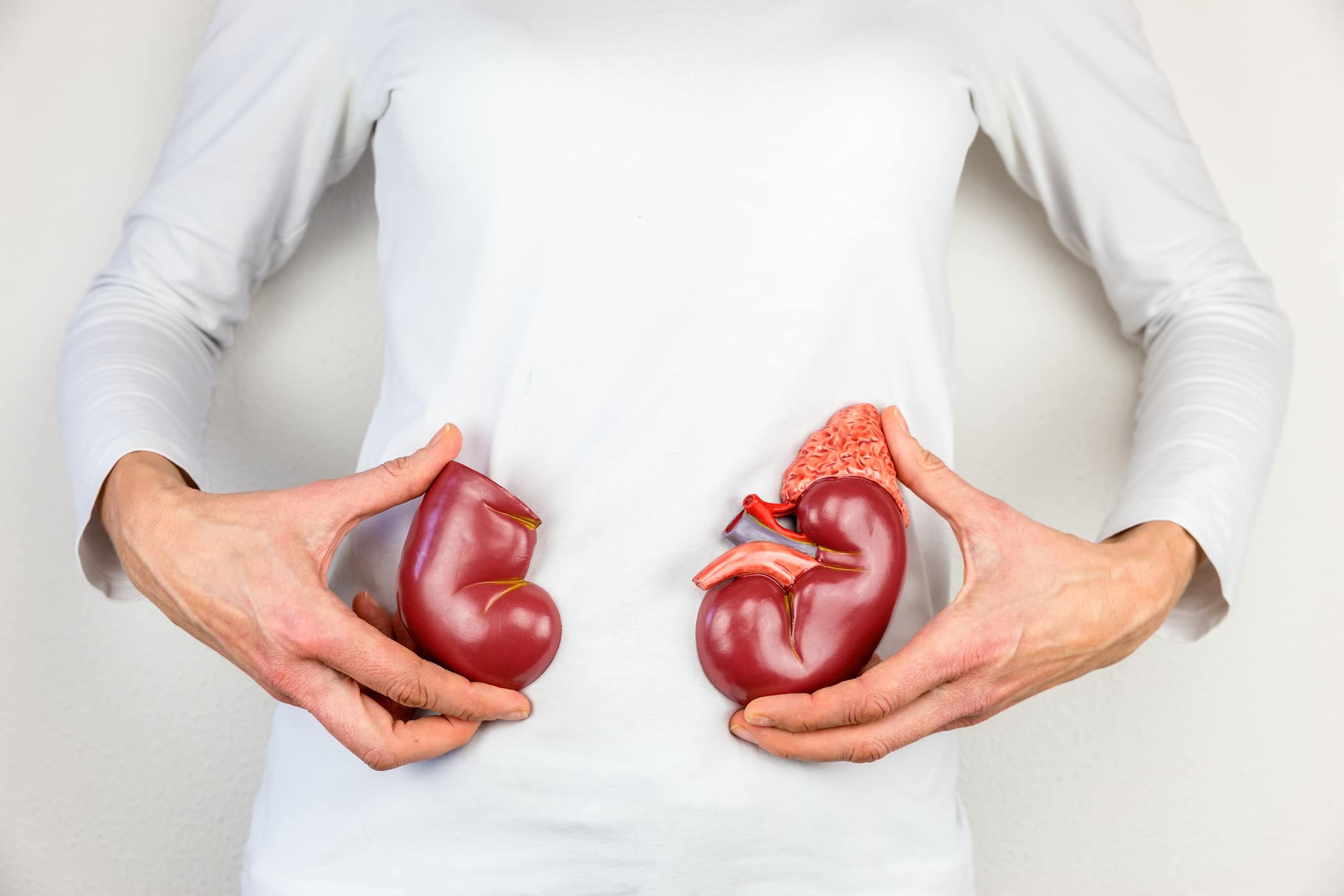Contents:
- Medical Video: Renal nutrition therapy for kidney disease
- 1. Medicine
- 2. Eat certain foods
- 3. Increase physical activity
- 4. Maintain an ideal body weight
- 5. Avoid smoking
- 6. Avoid stress
Medical Video: Renal nutrition therapy for kidney disease
Preventing kidney disease due to hypertension is important because kidney disease is very likely to occur if you have high blood pressure. This is because kidneys and blood circulation are related to one another. Many factors of high blood pressure result in kidney disease, such as damaging the kidney arteries, damaging the artery nephrons (arteries in the blood filter in the kidneys), and damage to the kidneys themselves which interfere with regulating blood pressure. Can this be prevented? Certainly can.
The best step to slow down or prevent kidney disease as a result of high blood pressure is to reduce blood pressure itself. Keep in mind, whatever the cause is until you have kidney disease, hypertension can increase the level of damage from your kidney. Patients with kidney disease must keep their blood pressure below 140/90. The steps that can be taken to prevent kidney disease due to hypertension, are:
1. Medicine
Drugs that can lower blood pressure can also slow the progression of kidney disease. There are 2 types of drugs that can lower blood pressure, namely angiotensin-converting enzyme (ACE) inhibitors and angiotensin receptor blockers (ARBs). Both of these drugs have been shown to effectively slow the progression of kidney disease. In general, patients need two types of drugs (or maybe more) to control their blood pressure. In addition to ACE inhibitors or ARBs, health experts may also give diuretic drugs, namely drugs that can help the kidneys filter fluid from the blood. Maybe also, patients need medicines like beta blockers, calcium channel blockers, and so forth.
2. Eat certain foods
Eating healthy foods can help you to lower blood pressure. Experts will usually advise you to follow the eating rules Dietary Approaches to Stop Hypertension (DASH). This DASH eating rule focuses on fruits, vegetables, wheat, and other foods that are healthy for the heart and contain little sodium (which usually comes from salt). Here's a further explanation of the DASH eating rules:
- Eating foods that are low in fat and cholesterol
- Eating fat or milk-free dairy products low-fat, milk-based foods, fish, chicken and beans
- It is recommended to avoid red meat, sweet foods, and drinks that contain sugar
- Eating foods that are rich in nutrients, protein, and fiber
Nutritionists also of course might recommend a type of diet called the DASH diet for patients who have kidney disease. One of the rules for eating DASH, which avoids sodium and fluids, can help reduce the risk of edema. Reducing consumption of foods containing saturated fat and cholesterol can also help control excess fat in the blood.
However, there are also experts who propose that patients with kidney disease are advised to reduce protein-containing foods. Nevertheless, this is still in the research process. The reason the experts put forward this proposal was because the protein would be destroyed into a "garbage" product that would be filtered by the kidneys from the blood. Eating more protein than your body needs can make the kidneys work harder and can cause kidney function to decrease more quickly. On the other hand, lack of protein can also cause malnutrition. Therefore, patients who apply a diet that reduces protein consumption must continue to be controlled so as not to lack nutrition.
In addition, it is recommended for patients to reduce alcohol consumption, because excessive alcohol consumption can increase blood pressure.
Keep in mind that each person's nutritional needs vary depending on the state of your overall health. Therefore, consult with experts about eating rules that you need to apply that are appropriate for your condition.
3. Increase physical activity
Regular physical activity can reduce blood pressure and reduce the possibility of other health problems. Experts can provide information about how often and what type of physical activity is safe for you. In general, people need physical activity at least 30 to 60 minutes every day. You can do physical activity in 30 or 60 minutes at a time, or you can divide it into several sessions, where each session lasts 10 minutes. The types of physical activity that are common and you can do include walking fast, dancing, bowling, cycling, taking care of the park, and cleaning the house.
4. Maintain an ideal body weight
People with hypertension who are overweight or obese should lose about 7-10% of their weight in the first year of treatment, to reduce their blood pressure. The loss of weight can reduce the possibility of health problems associated with high blood pressure, including kidney disease. You will be categorized as having overweight if your body mass index (BMI) is on a scale of 25-29. BMI is a measurement of the scale of body weight associated with height. If your BMI is more than 30, then you are categorized as obese. BMI less than 25 is the ideal body weight to keep your blood pressure under control.
5. Avoid smoking
People who smoke are strongly encouraged to stop smoking. Smoking can damage blood vessels, increase the likelihood of high blood pressure, and exacerbate diseases caused by high blood pressure. People who have high blood pressure should talk to experts to develop programs or consume products so they can stop smoking.
6. Avoid stress
Learning how to avoid stress, take time to relax, and solve problems can improve health both physically and emotionally. The following activities can help you avoid stress:
- Exercise
- Yoga or tai chi
- Listening to music
- Focus on calm things
- Meditation
READ ALSO:
sss
sss
sss

